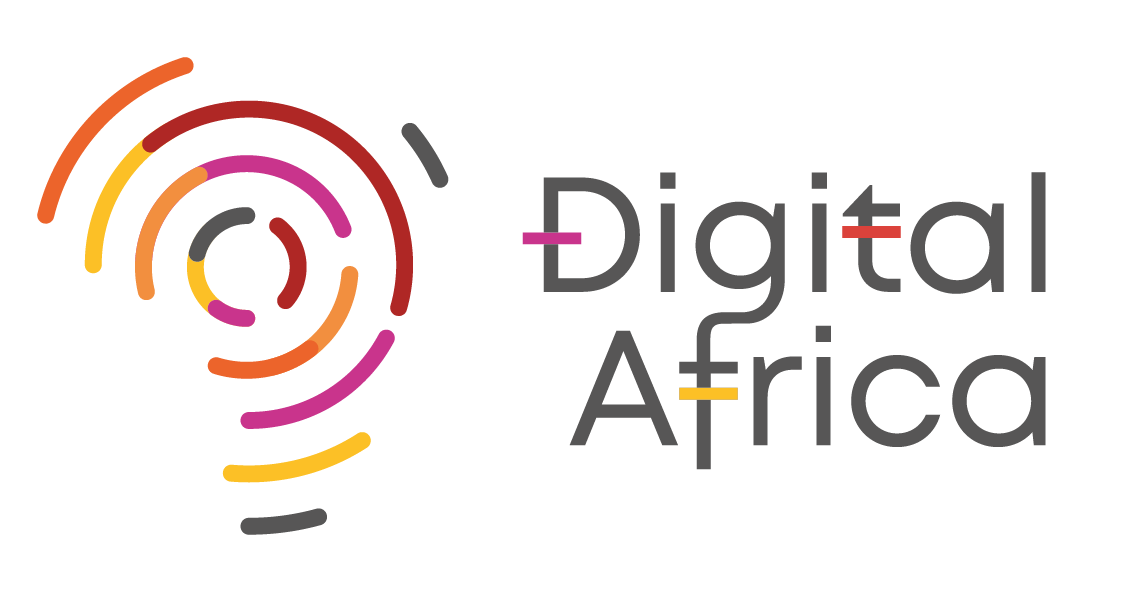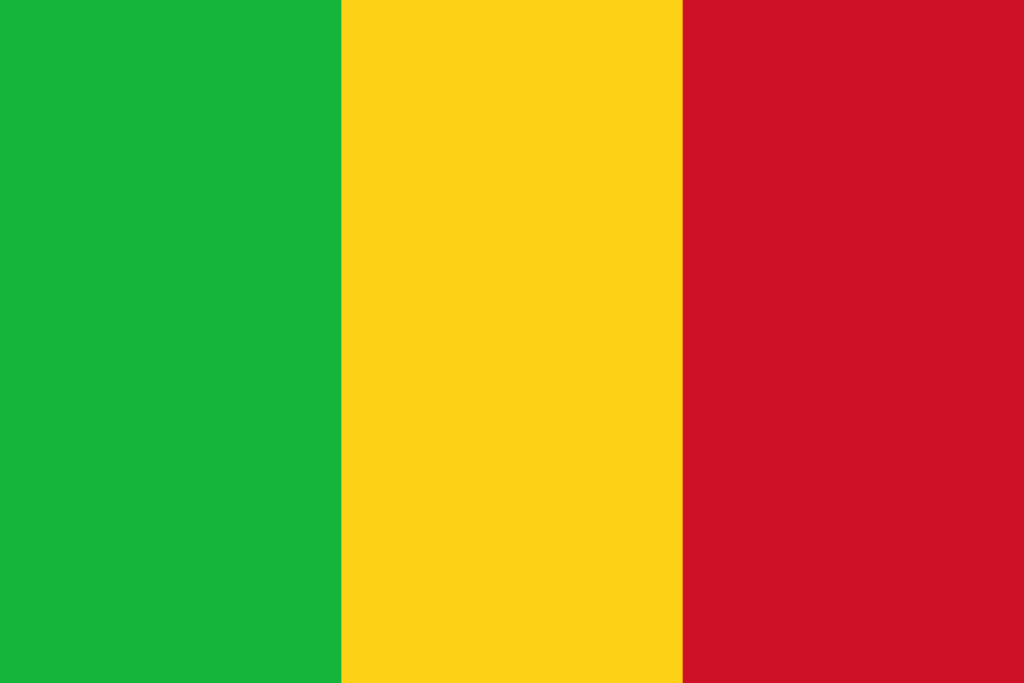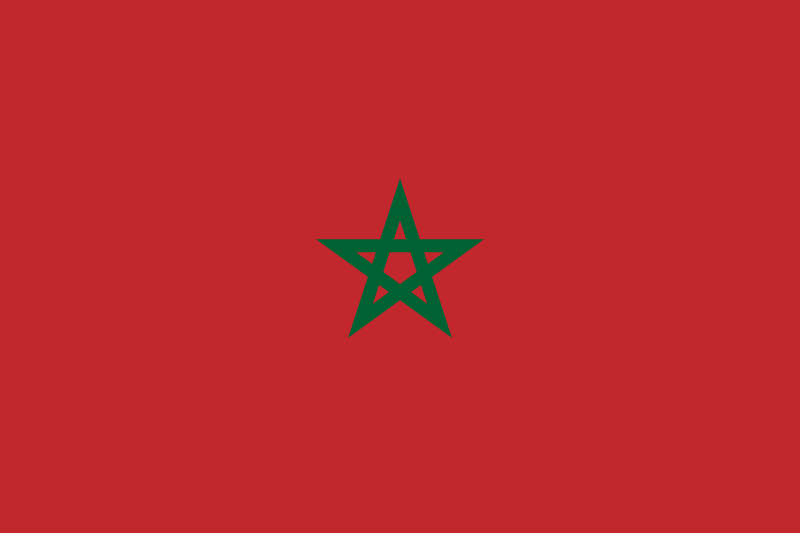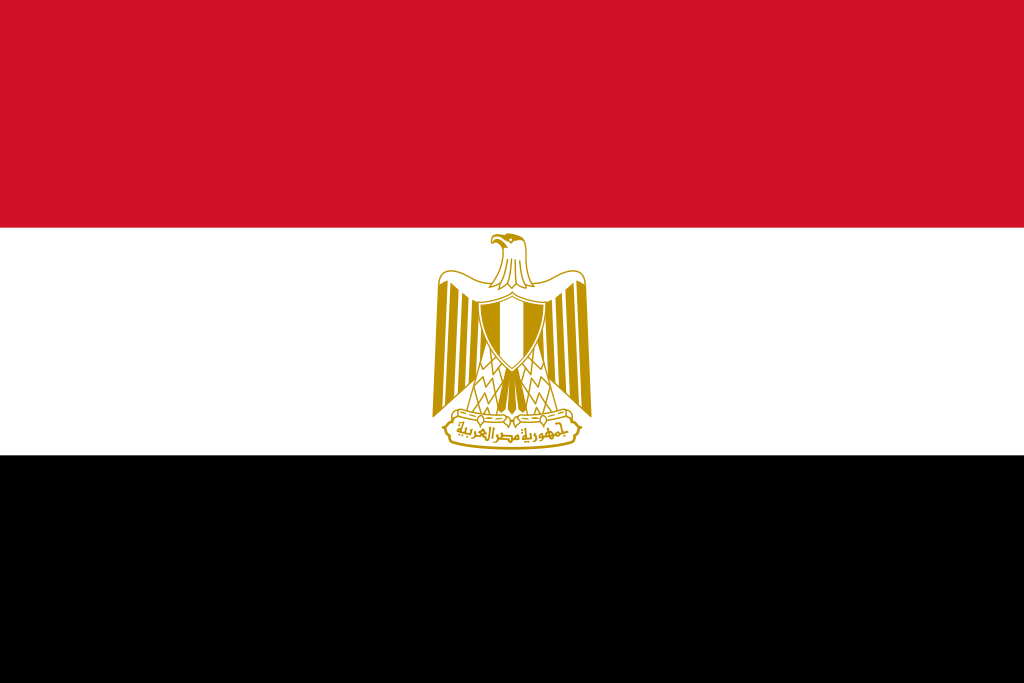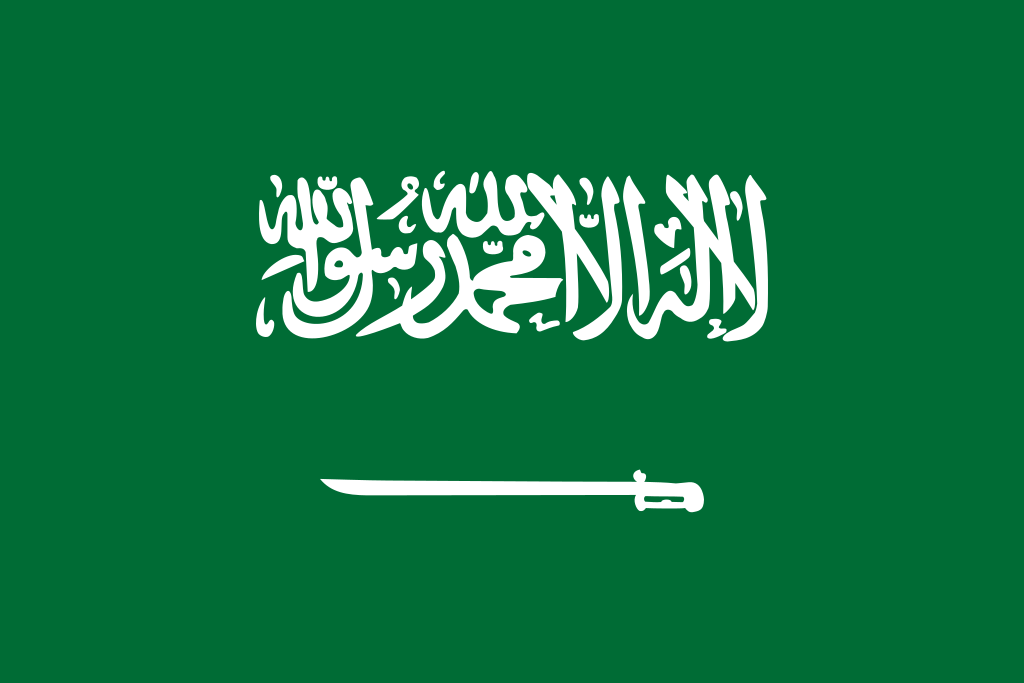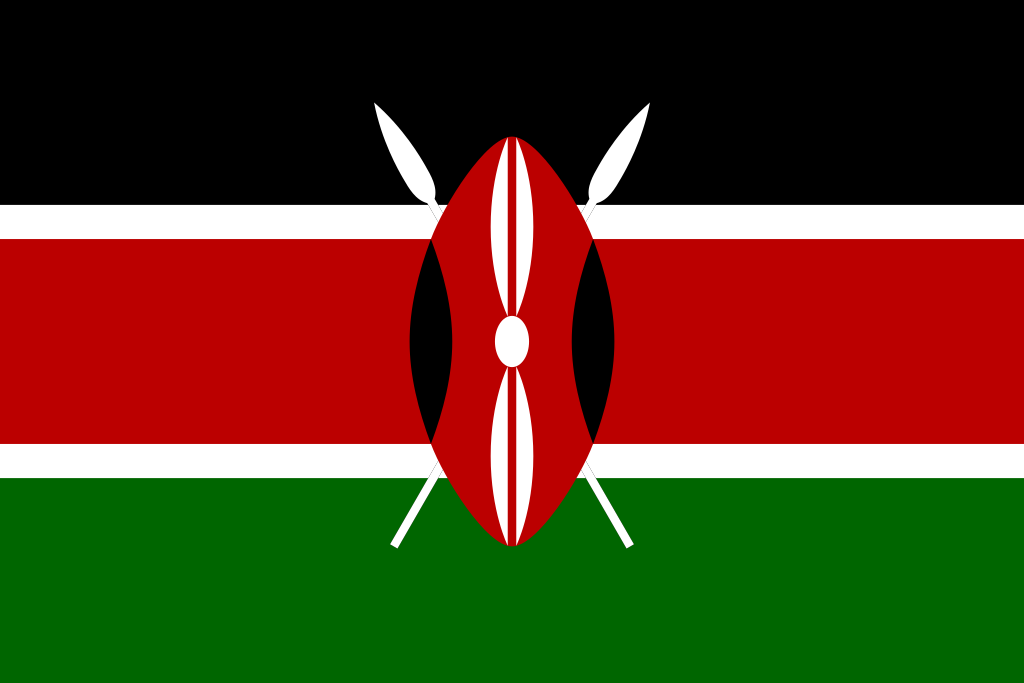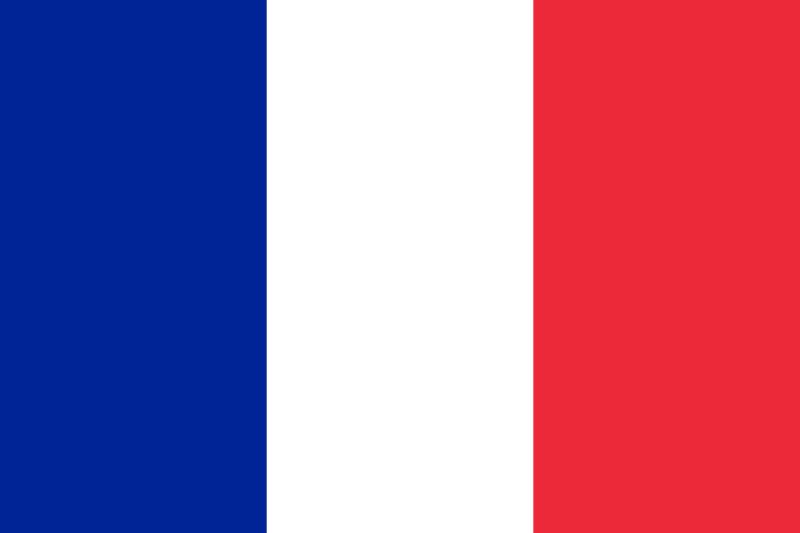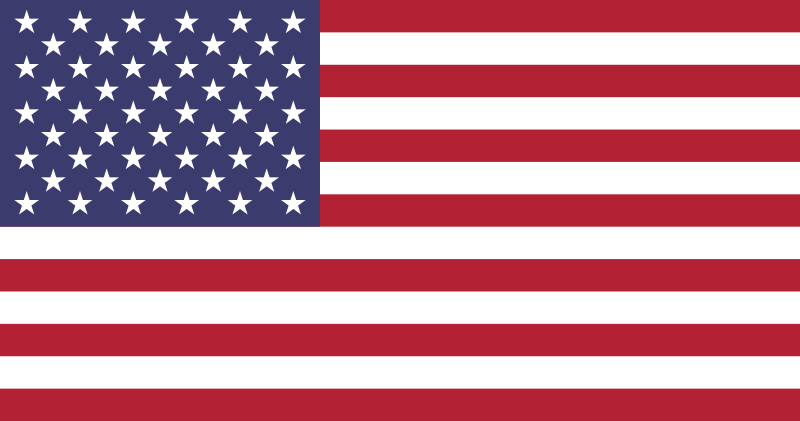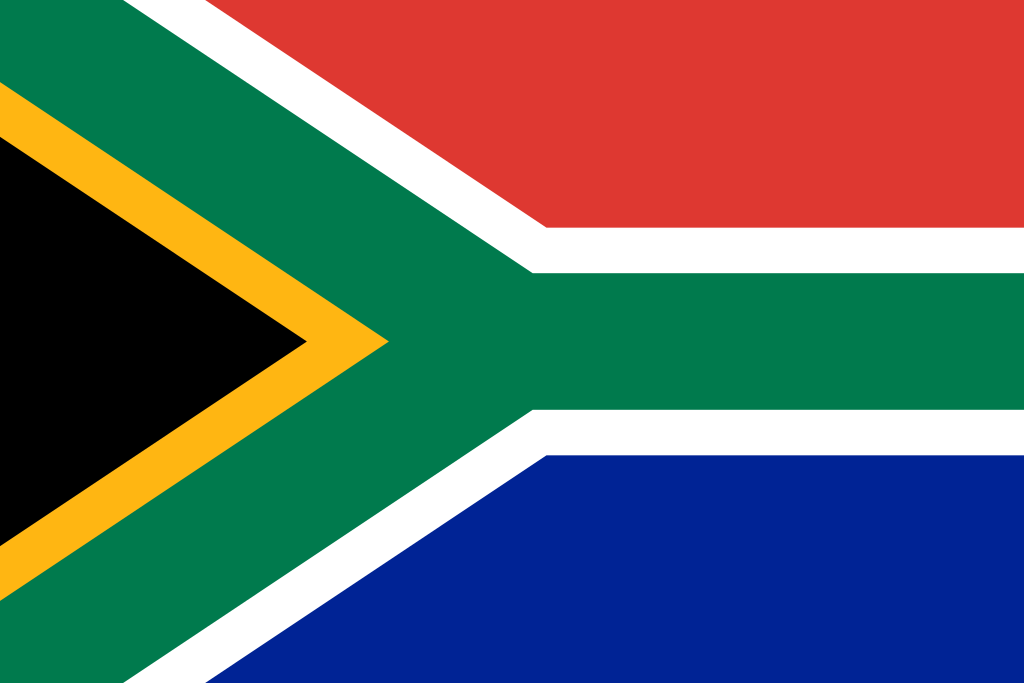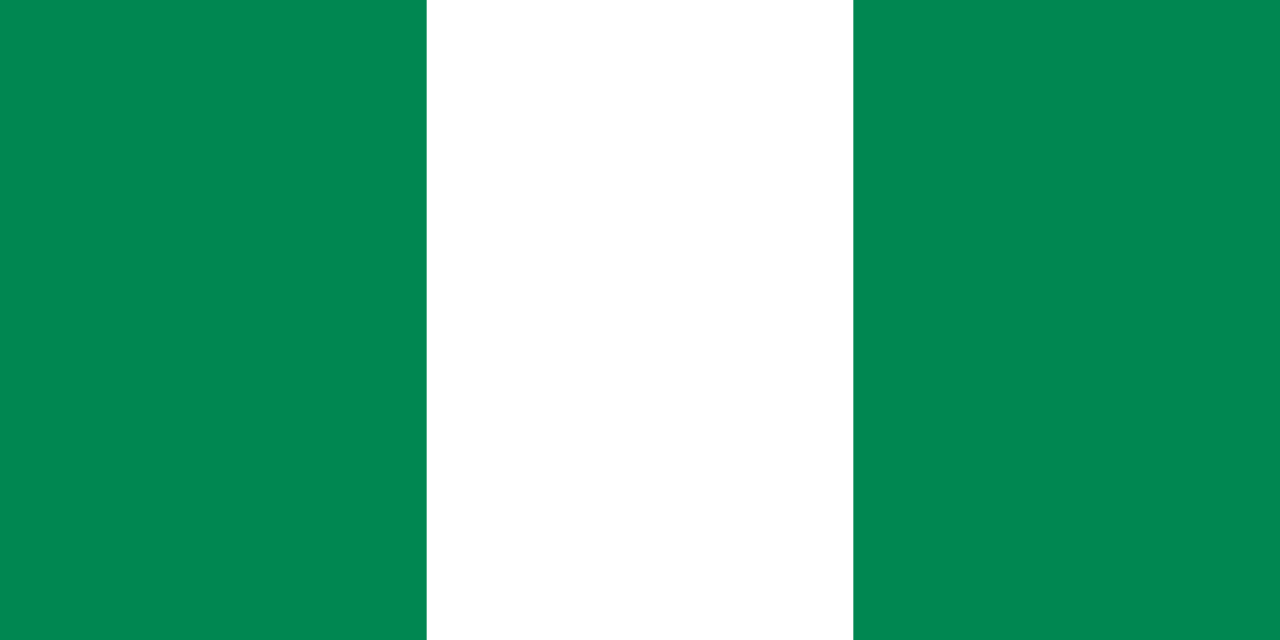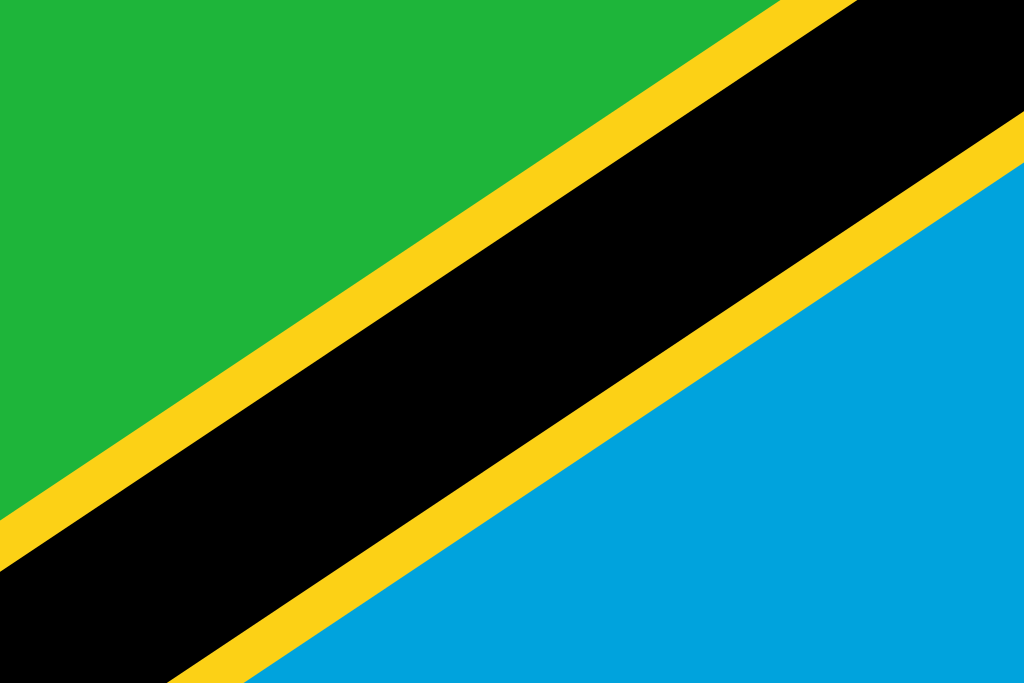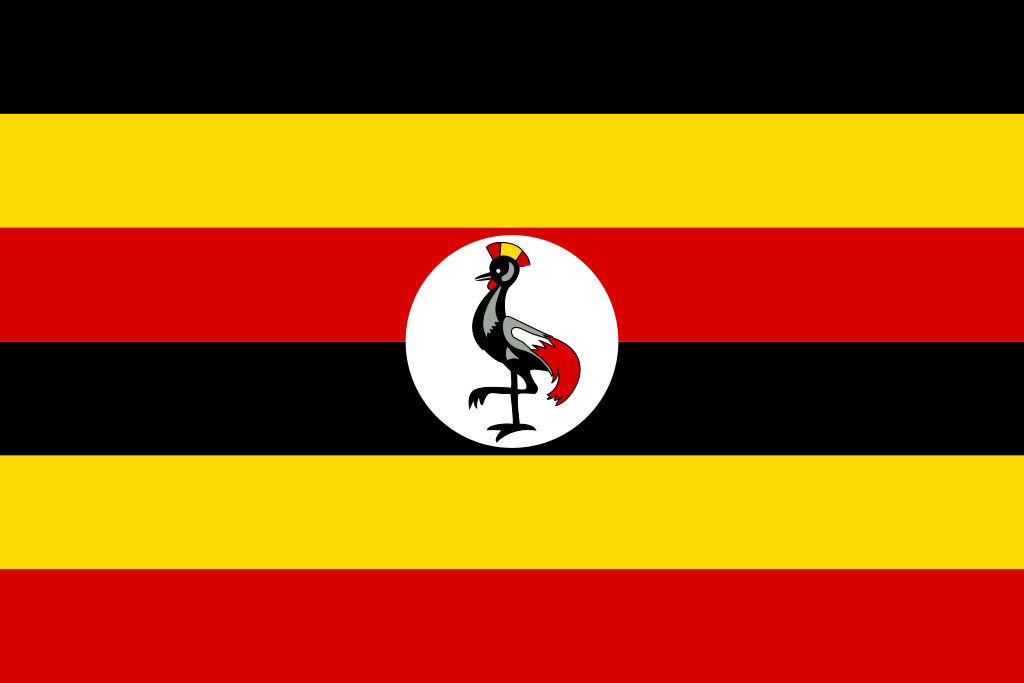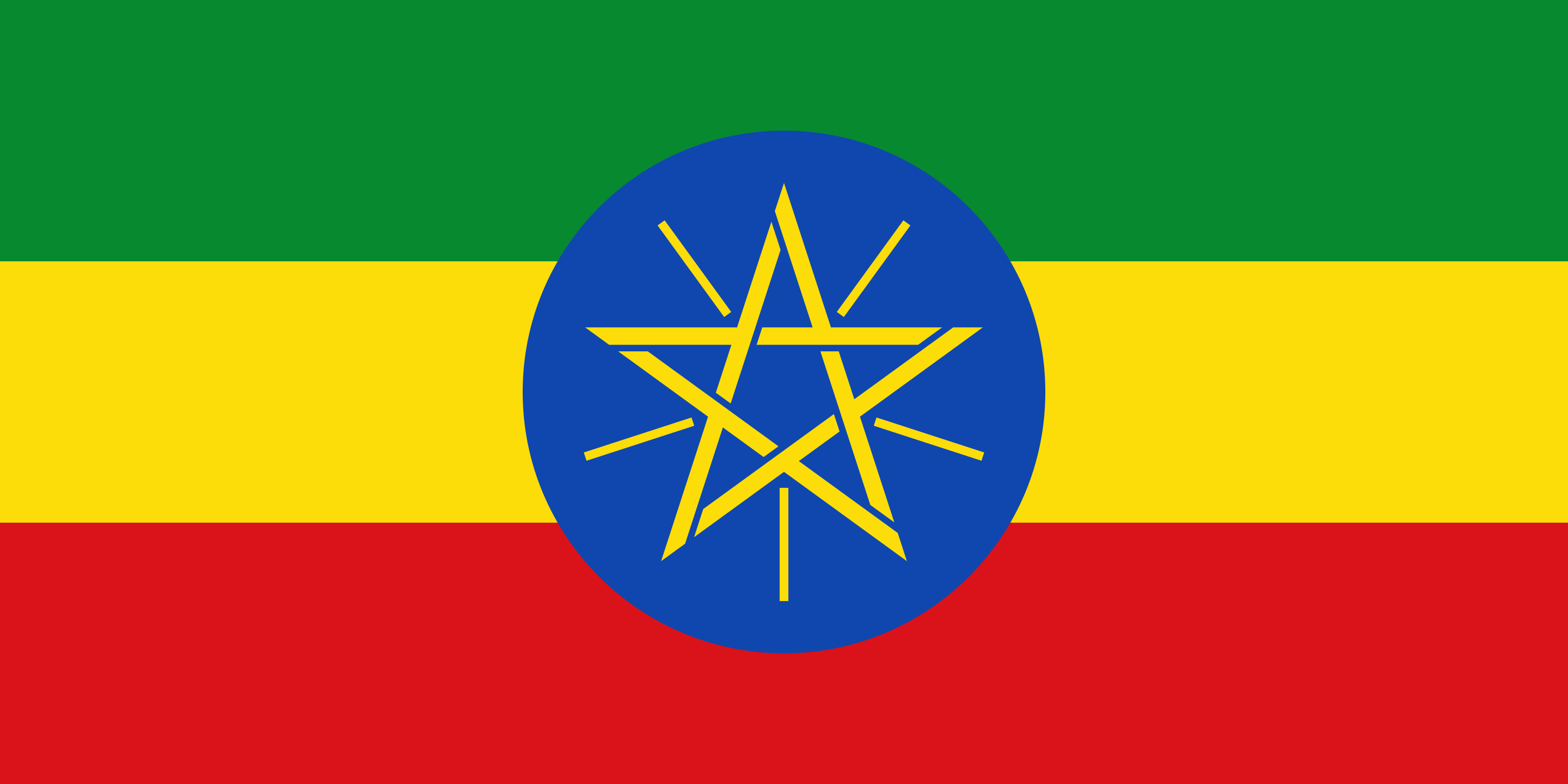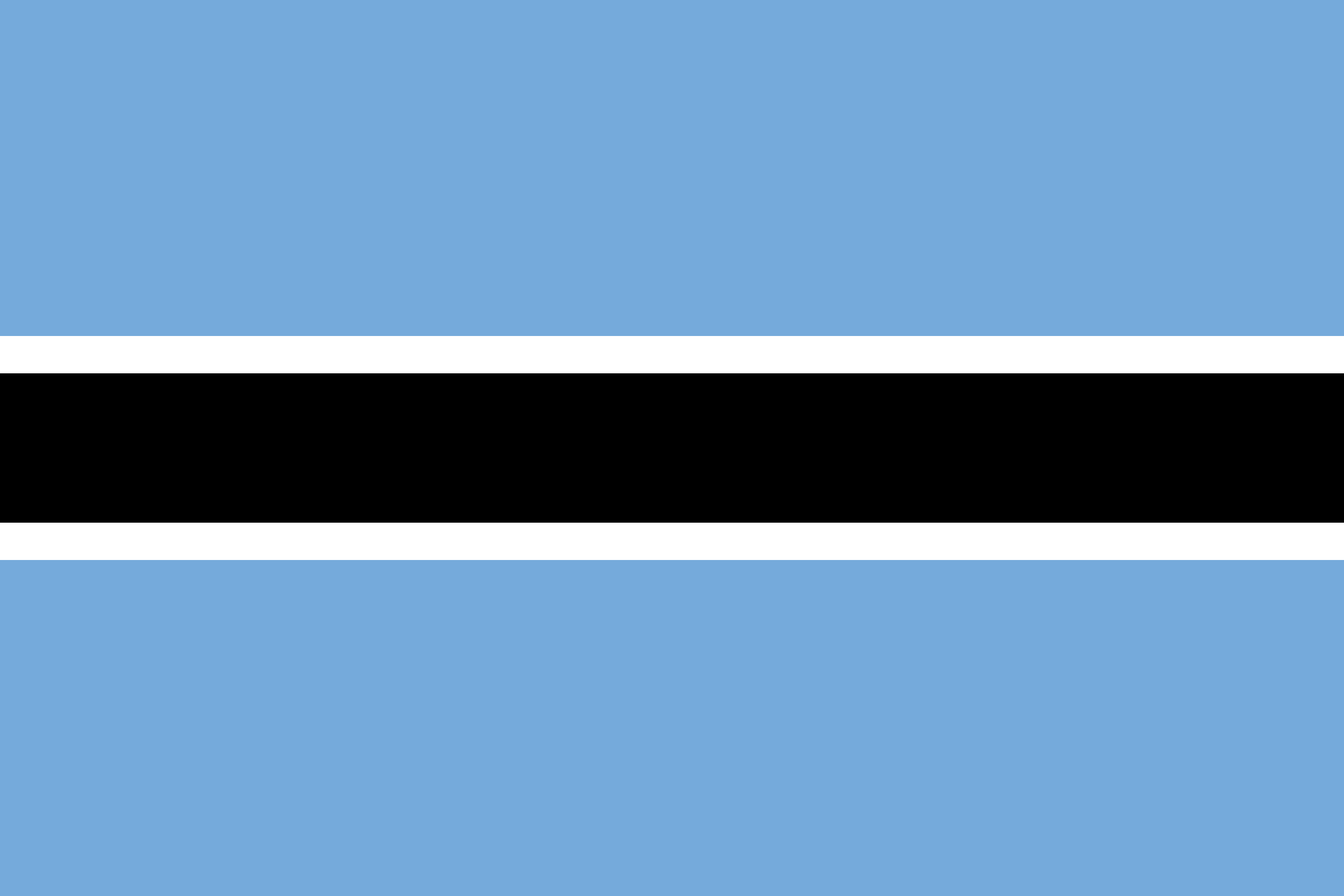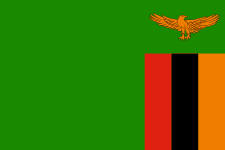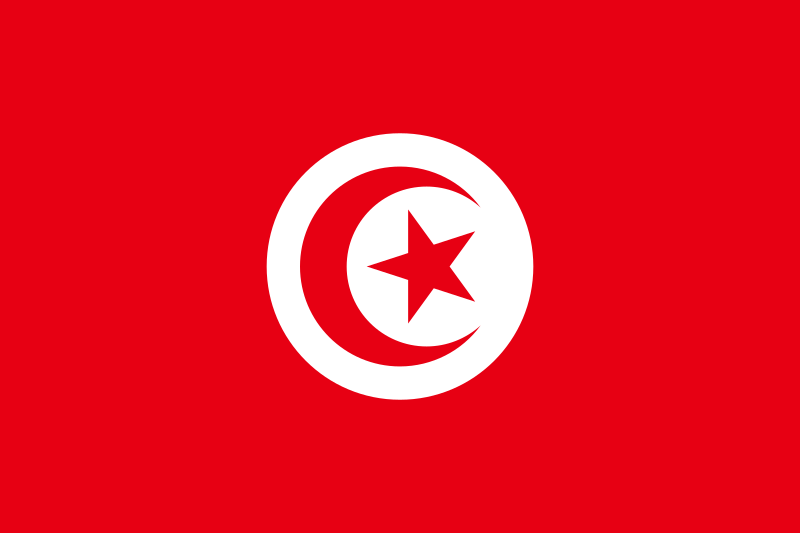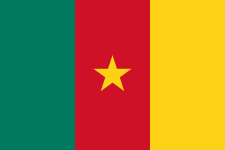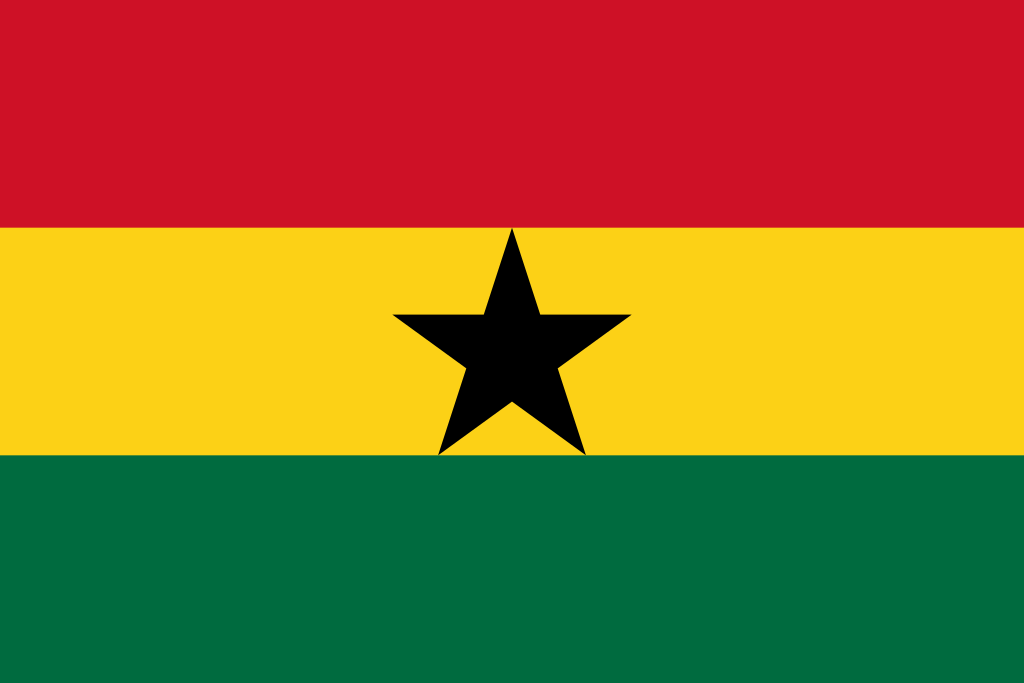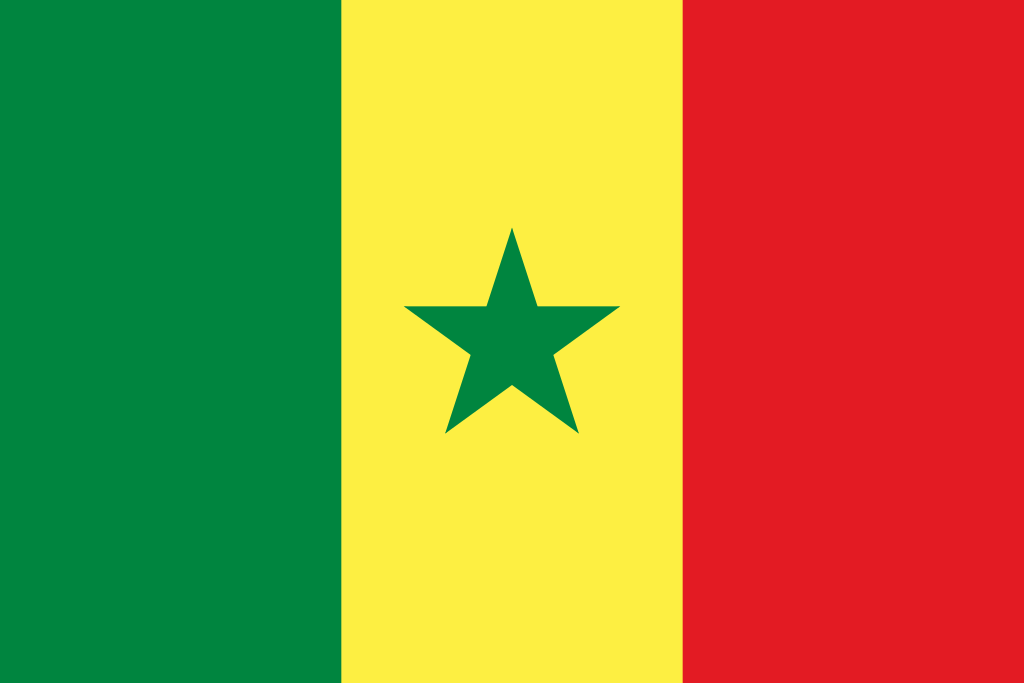Dynamics of the Startup ecosystem in Africa
Understanding the Startup ecosystem
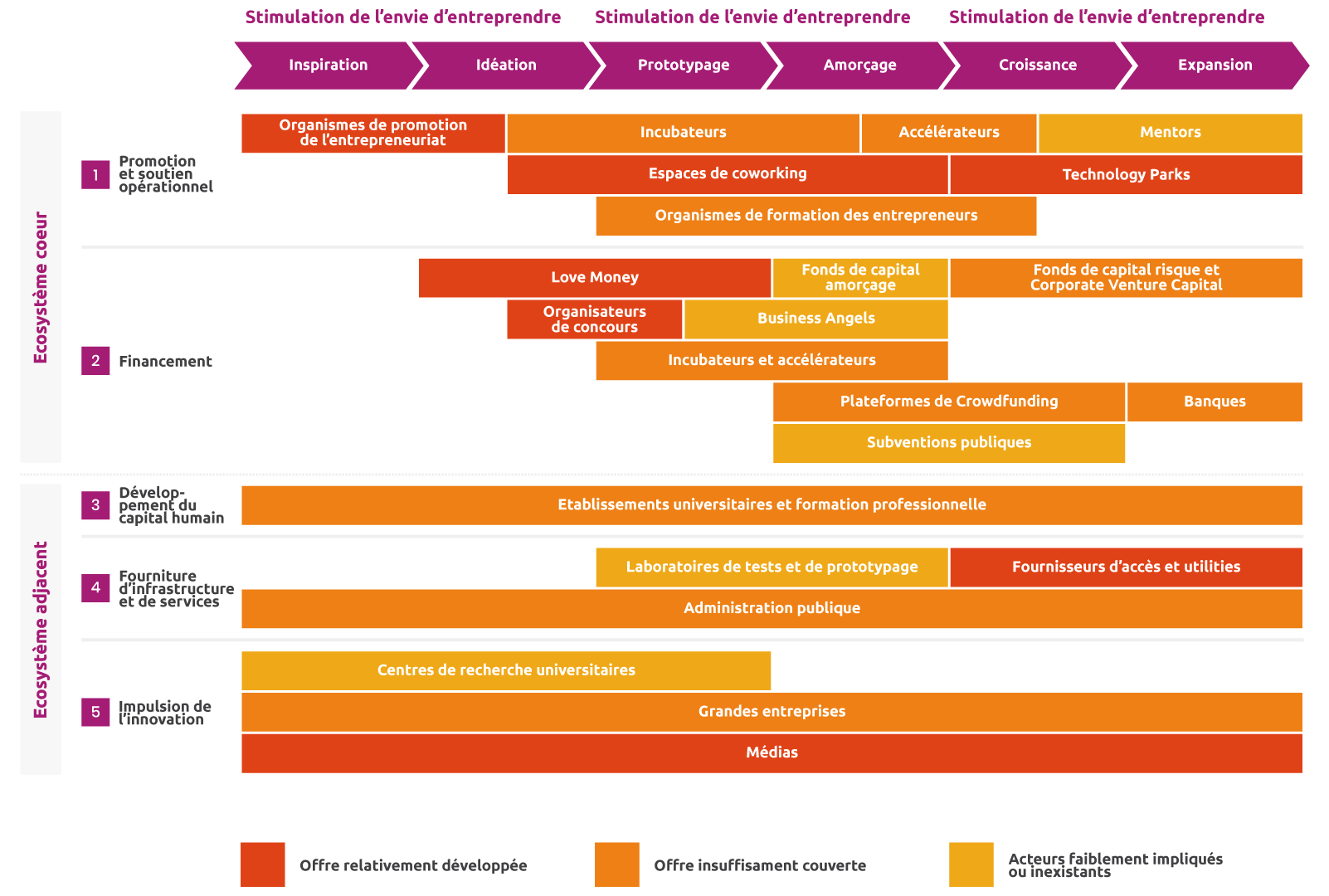
The African continent is undergoing a major economic and social transformation phase
of the population is between 10 and 24 years old.

The working-age population in Sub-Saharan Africa will increase by a factor of 2.5 by 2050.
An increasing urbanization of 4% per year.

million smartphone users in 2020.

million Facebook users.

African countries among the top 20 fastest growing countries in 2015.

Internet penetration of e-commerce is set to increase significantly in the coming years
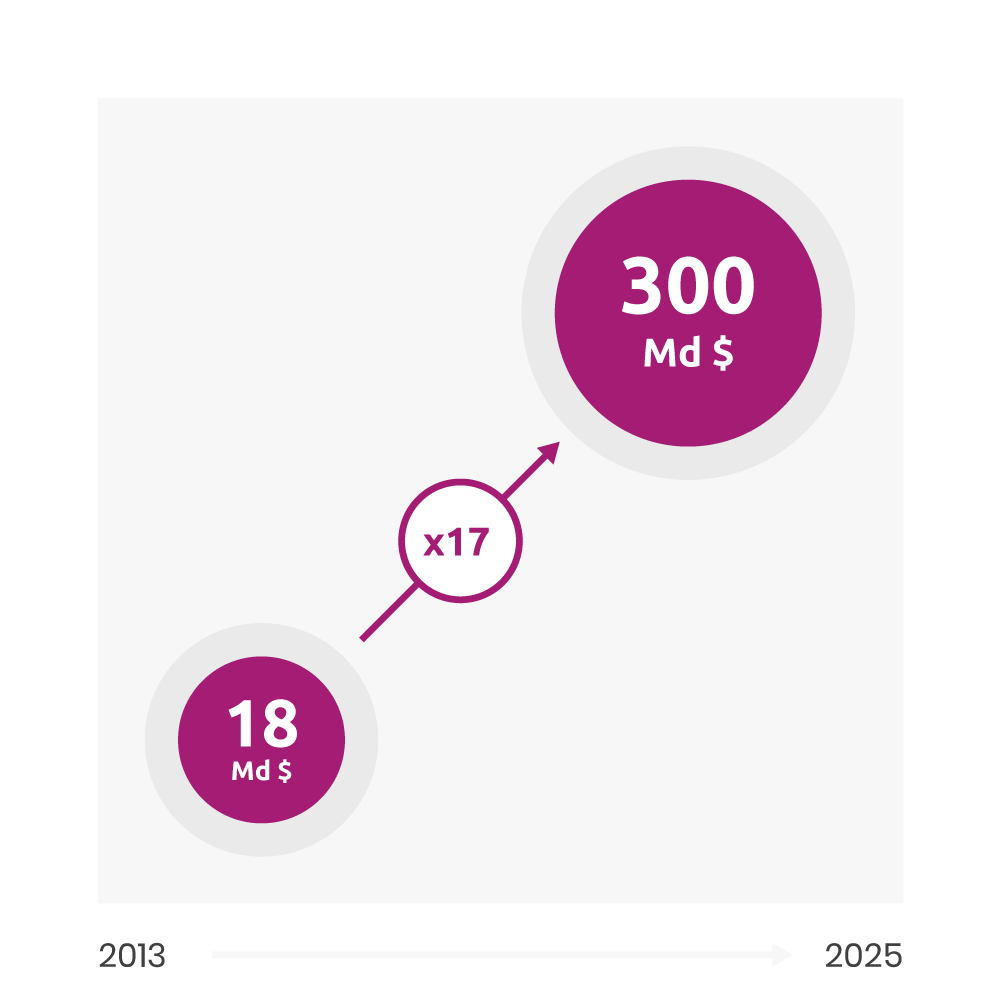
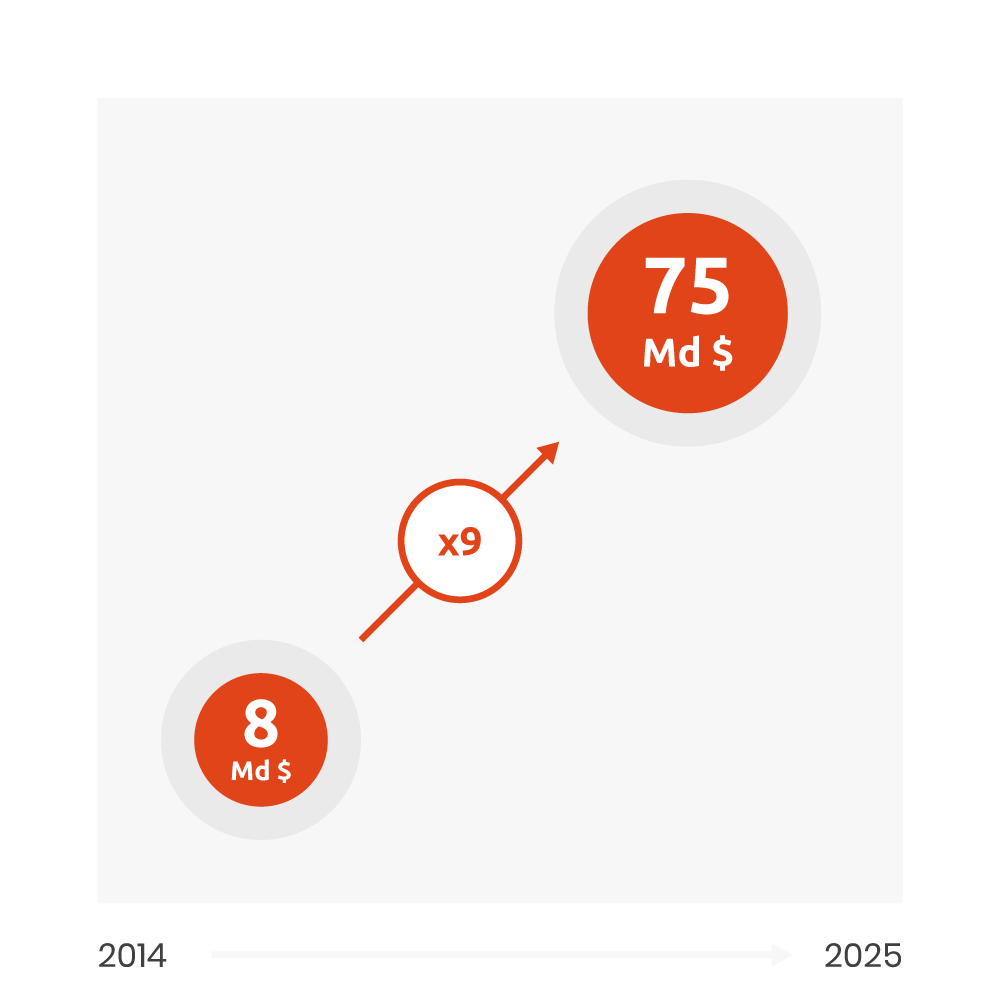
Development of the Start-up ecosystem
Comparison of the number of startups between different countries 2015
- 3
- 8
- 25
- 12
- 34
- 34
- 38
- 45
Startups created over the period 2000-2015
Main groups of countries in terms of development of the start-up ecosystem
-
74
%
Leaders from East and South Africa
Mainly English-speaking countries, leaders in terms of dynamism in startup creation and ecosystem development (e.g. Crowdfunding, mobile-Payment development).
-
-
14
%
North African locomotives
Countries closer culturally to the countries of Europe and the Middle East tend to create startups favoured by a higher level of human and technological development, and a higher rate of urbanization than the rest of the continent.
-
-
6
%
New actors from West Africa
New actors from West Africa French-speaking countries (except Ghana) with a recent dynamic in the startup sector with an impact on the whole region.
-
-
6
%
Rest of Africa
Countries with a predominantly rural population, low levels of human development and weak ICT infrastructure.
-
Start-up performances are relatively high in the leading countries of English-speaking Africa, followed by West African countries.
-
Currently, only 2 companies (AIG (a company initiated by Rocket Internet, notably holding Jumia) and Interswitch (Nigeria)) can be considered as unicorns (valuation close to USD 1 billion) at the continental level.
- > Private consumption is modelled through different penetration rates, device lifetime and mobile income share in selected industries
- > Public spending on the Internet is assumed to reach that observed in South Africa (2012) and is adjusted for inflation (4%)
- > Private investment is deducted by correlation with private consumption
- > The evolution of the trade balance will be mainly affected by exports of BPO services (business process outsourcing)
- > An activity supported by 5 countries (Morocco, Ghana, Kenya, Nigeria and South Africa) and estimated by projecting historical growth rates
